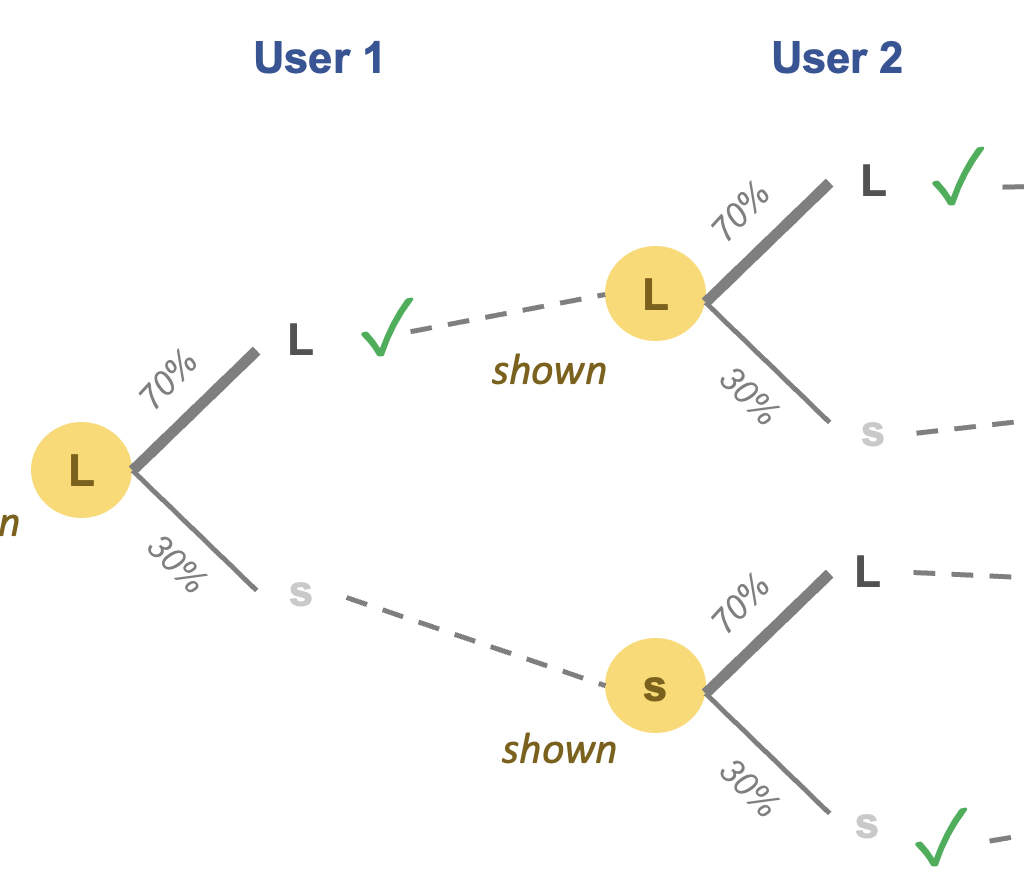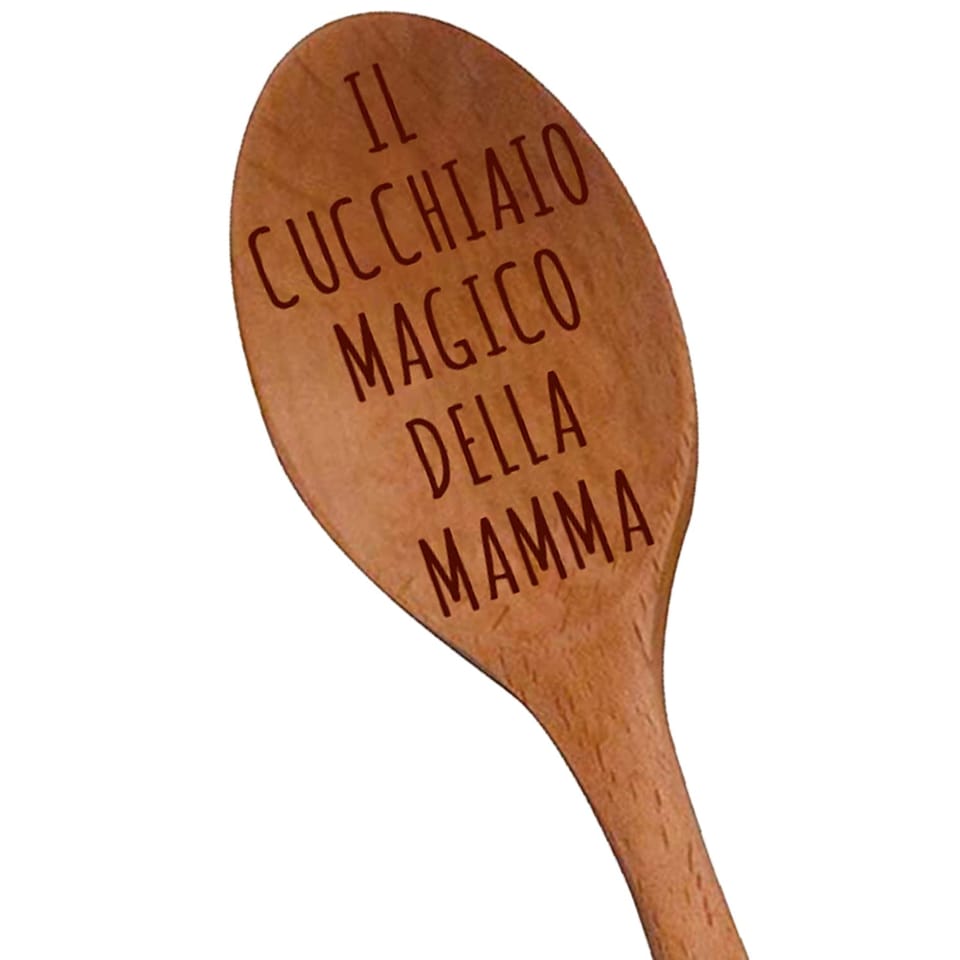Autistic, teen, perfect bracket
You may remember my "debate" with linguist James Geary on whether numbers are needed to tell stories. While I valiantly defended numbers, and gave an example of an influential number ("Average American Owes Average Chinese $4,000", etc.), James pointed out the power of using anecdotes.
That I can't deny, especially when you see things like this. Thanks to John M. for the pointer; the original story came from NBC, and was carried by Huffington Post.
***
Statisticians and probabilists will have a field day breaking apart why the odds are not "13 million to 1" as asserted (attributed to "odds-makers"). But what interests me is why so many people read this story; it's been circulating in cyberspace, attracting lots of comments.
Which part of "Autistic" "Teen" "Perfect Bracket" are people reacting to? Do we need all three parts or not?
My head is spinning with variations:
Autistic teen perfect bracket
Autistic teen predicts Canada's record Olympics haul
Autistic teen adopts abandoned dog
Autistic adult perfect bracket
Autistic student perfect bracket
Autistic bar-tender perfect bracket
Artistic teen perfect bracket
Athletic teen perfect bracketLaid-off coal-miner perfect bracket
...
Here's how I see it:
Perfect Bracket
"Perfect bracket" makes the piece current. It's in the moment. If we change it to a less timely feat, maybe the press won't carry it. "Autistic teen predicts Canada's record Olympics haul" probably won't get the attention now that Vancouver is behind us. Although... if someone came up with this story at the end of the Olympics, it probably will get noticed.
In addition, the feat described has to be perceived as highly unlikely. "Autistic teen adopts abandoned dog" probably won't catch as much attention.
Teen
What if the headline said "Autistic adult perfect bracket"? "Autistic student perfect bracket"? "Autistic bar-tender perfect bracket"? Hard to say, but I don't think people are drawn to the word "teen". Autism is associated with youth, which is itself curious since they do become adults when they grow up.
Autistic
How about "Artistic teen perfect bracket"? "Athletic teen perfect bracket"? Neither of these sound as interesting to me so I think "autistic" is a key word.
Not quite, other ailments would work too, such as "Schizophrenic girl perfect bracket".
It's the combo
What makes the headline tick appears to be this structure: unusual person did something unlikely. I think both parts are needed. Joe Sixpack did something unlikely, or unusual person did an everyday thing just doesn't sound as interesting.
***
As a statistician, I find it completely unremarkable that it is this kid with autism who picked the perfect bracket. Based on the odds, a number of people will have picked the perfect bracket, and luck determines the identities of the winners. It could be the kid with autism, or the old lady who never watch basketball, or a sports nut with a sophisticated predictive system, or a monkey throwing darts.
So, I wonder why the reporter feels compelled to tell us about the kid with autism in particular. What did the reporter intend to convey with the structure of the headline? It could be one of the following:
- having autism causes someone to have a better ability at picking brackets (cause-effect)
- people with autism are more likely to have better ability at picking brackets (correlation)
- having autism causes someone to have a worse ability at picking brackets, and therefore, it is a surprise to find one kid who picked well (cause-effect)
- people with autism are unlikely to be good at picking brackets, and therefore, it is a surprise to find one kid who picked well (negative correlation)
- the juxtaposition was random, the headline was purely descriptive, and no meaning was intended
If any of the first four is true, it would be helpful to point to some research to further enlighten us. If the fifth point is true, then "autistic teen" could have been substituted with anyone else; but "Laid-off coal-miner perfect bracket" just won't get the same number of clicks, will it?
***
So, my conclusion is: the headline is most dependent on the words "autistic teen".
If there are linguists reading this blog, I've love to hear how you would analyze this.



